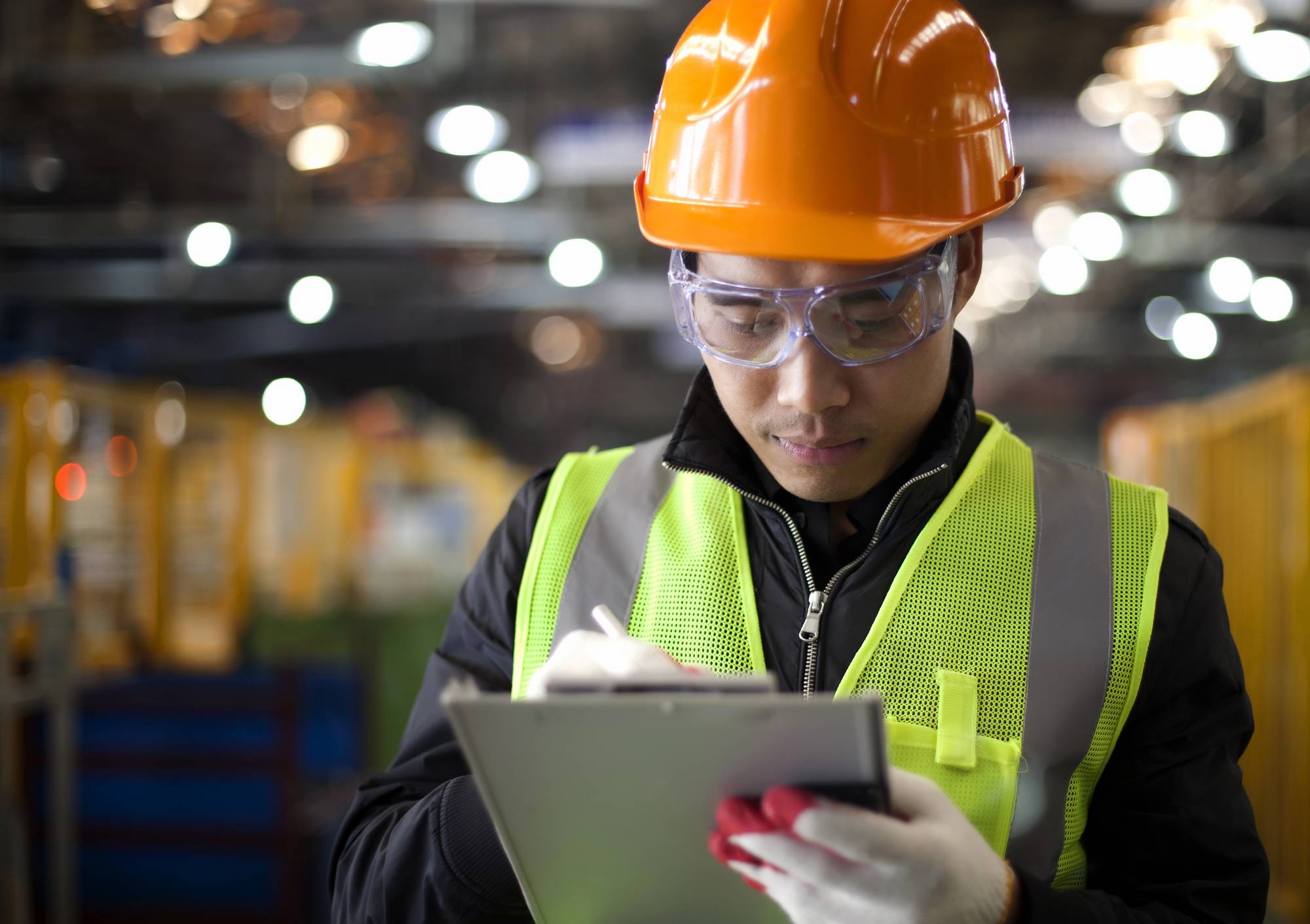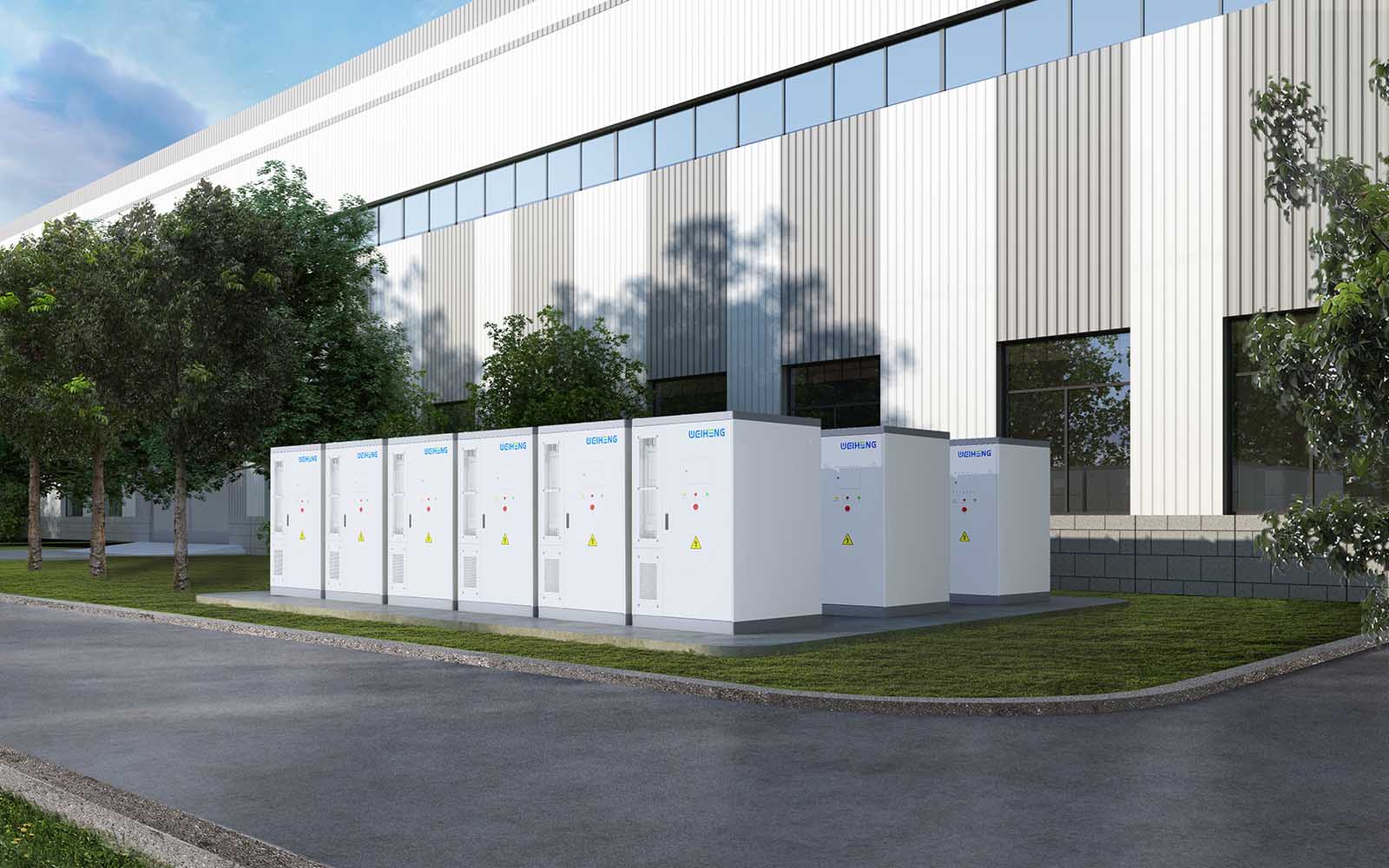
A new participant in the renewable energy scene is Solar AI, and it is causing waves. Unimagined opportunities are presented by this combination of artificial intelligence and solar power, which completely changes how we generate, use, and control energy.
Although the idea of solar power is not novel, the integration of artificial intelligence (AI) enables previously unheard-of degrees of optimisation for this renewable energy source. What does this mean for people who are enthusiastic about using green energy, including businesses and homeowners?
Breaking Down Solar AI
Artificial intelligence is, at its core, the study of creating machines with human-like thinking, learning, and decision-making abilities. Using advanced algorithms to examine massive amounts of data, it forecasts and enhances performance according to trends discovered.
Artificial intelligence helps solar energy systems be as accessible, dependable, and efficient as possible. Solar AI forecasts, analyses, and reacts to data on solar energy production and use using machine learning techniques and algorithms. We are empowered and able to decide when and how best to use solar energy because it provides us with useful information.
Solar AI is the result of the combining of these two technologies: the clean, renewable energy of the sun and the predictive, analytical abilities of AI. Collectively, they produce intelligent solar power systems that can perform at their peak and more deftly manage end-user requirements and current environmental conditions. This combination advances the day when renewable and intelligent green energy is available.
Benefits of AI in Solar
Not only is solar electricity combined with artificial intelligence innovative, but it is also quite advantageous. Long-lasting impacts on our energy use come from the predictive and analytical powers of AI-improved solar power systems.
Increased Efficiency
Using AI’s predictive capabilities in solar power systems yields impressive gains in efficiency. More accurate weather prediction enables these systems to modify and optimise the solar energy available to them. These forecasts, which ensure the solar panels will absorb the highest amount of sunlight even in uncertain conditions, are produced by artificial intelligence algorithms using past weather patterns. This efficiency also applies to the way energy is distributed. Through the long-term identification and learning of usage patterns, AI allocates energy where and when it is most needed.
Cost Savings
Reduced costs follow from this higher efficiency. AI in Solar improves the production and supply of energy, therefore lowering the overall cost of using solar power. With less energy wasted and more effectively used, both families and businesses may save a great deal on their energy bills. The reduced maintenance needs and associated costs brought about by the greater efficiency may yield further financial benefits.
Democratisation of Energy
Energy democratisation is a revolutionary consequence of AI in solar. AI has made managing complex energy infrastructure easier, so everyone can now get solar energy more readily. More than merely a technological advancement, solar AI’s forecasting, evaluating, and adjusting capabilities allow individuals—homeowners or businesses—to take control of their energy use and production. By increasing the effectiveness and utilisation of renewable energy, solar AI is putting more people than ever before in control of a cleaner, more sustainable energy future.
The Challenges Ahead
Having said that, there are certain challenges with AI in solar. It takes knowledge of these issues to predict the future of this special industry and develop solutions that progress it.
Data Security
Given that data in the digital age is power, its security is essential. The main functions of solar AI systems are data collection, processing, and interpretation of massive amounts of data. Possible security and privacy concerns are raised by this data-driven strategy. Cyberattacks might reveal personal user information or disable solar AI systems. Strong data security measures in the design and operation of solar AI systems are therefore a crucial problem that needs continuous attention and innovation.

Organisation
Another challenge is to modify existing solar power systems to enable AI capabilities. These innovative features were not built into the complex solar power systems that are now in use. Including AI technology in the infrastructure as it is now could be costly and challenging. But sometimes, especially for smaller businesses, it is not feasible to rebuild the infrastructure; for this reason, integrating AI in an affordable and efficient approach is crucial.
One other infrastructure issue is that solar AI systems cannot run at their best without a strong internet connection. Poor internet access areas could not perform as well for solar AI.
Even so, AI in solar has a lot of promise. The key is to think creatively and head-on to find solutions. As technology advances, these barriers will most likely be immediately addressed, paving the way for a more intelligent, sustainable, and promising energy future.
Looking Forward
Prospects for renewable energy are promising with solar AI. The potential of solar AI to revolutionise energy democratisation, forecasting abilities, and efficiency is going to fundamentally alter how we generate and utilise electricity. With better accessibility, users—from large corporations to individual homeowners—can go beyond their traditional consumer roles and take an active part in their energy management.
There are challenges, but continuing technical advancements are getting beyond them, such as infrastructure flexibility and data security. We think solar AI will provide a sustainable energy future as we welcome this new era of intelligent, renewable energy.
The development of solar artificial intelligence heralds a new chapter in the history of renewable energy and a more sustainable future. As it evolves, hopefully, this field will offer new perspectives on our energy future and be crucial to our progress towards sustainability.







